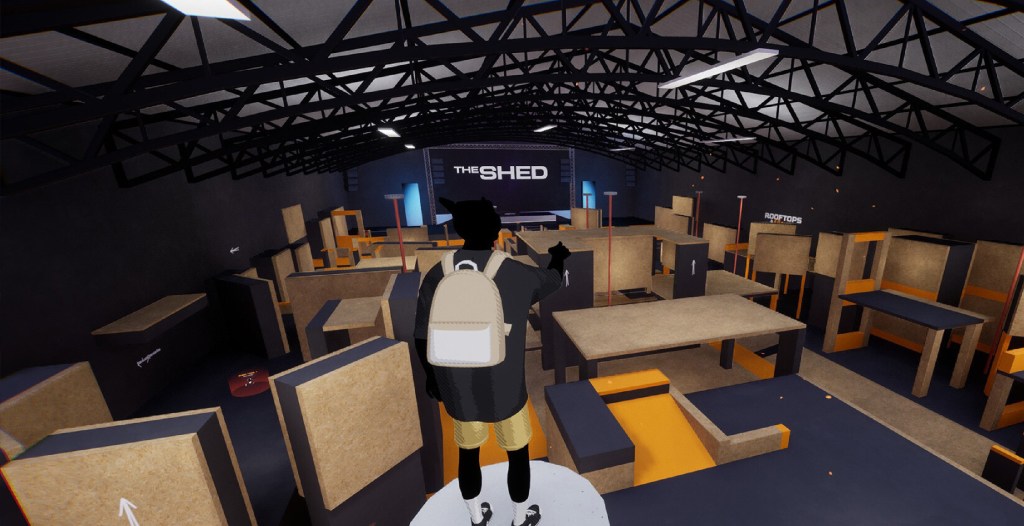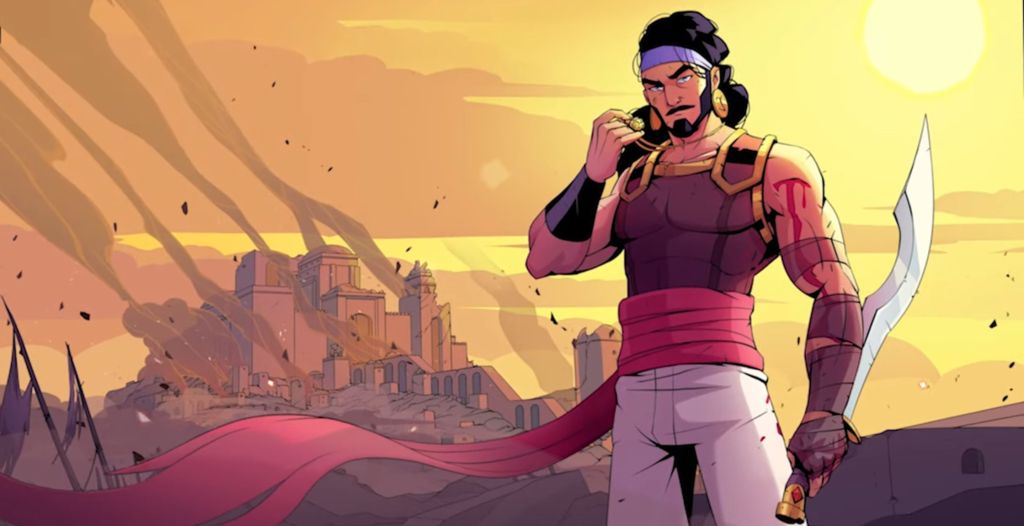
Image courtesy of Microsoft Game Studios
Everything was going great on Sunday evening. My wife was having dinner with friends, my newborn was sleeping soundly, and I was sprinting toward the end of Quantum Break, the latest game from Max Payne and Alan Wake developer Remedy Entertainment. It’s a flawed game but an enjoyable one. Yet everything ground to a halt during the game’s final boss, an infuriating sequence that left an awful taste in my mouth.
Quantum Break is not a difficult game; it’s a goofy playground for messing up soldiers with your absurd time-travel powers. Then, out of nowhere, with the end credits in sight, the game decides it’s time to become something that pushes your skills to the edge. Actually, that’s giving the game too much credit; if it really was about testing your skills, it might have been fun. It’s just a bad, poorly designed boss battle, where the enemy’s capable of wiping you out with a single hit, often out of nowhere and without giving you a chance to save yourself.
Videos by VICE
And it’d be one thing if the final boss was merely difficult, but each time you die, the game forces you to skip a cutscene and sit through a loading screen before the fight can begin again.
Sigh.
I quickly started having flashbacks to the many games with questionable final bosses: the weird human baby robot thing in Mass Effect 2, Naughty Dog’s obsession with shoving QTE bits into their climactic fights, and whatever the hell was at the end of the original Half-Life.

Image courtesy of Wikia
The quality of a game is not defined by its final minutes, but it’s hard to remember that in the moment. It’s far easier to focus on the burning emotions you’re feeling, like the one that was compelling me to throw a controller at the wall because, you know what, maybe the wall would have better luck beating the boss. In the span of 30 minutes, the hours of entertainment that had lead me to Quantum Break‘s conclusion were being muddled by a flash of frustration.
By all accounts, Quantum Break had a bumpy and protracted development. That might explain why the quirky final boss seems to come out of nowhere. It might also be the case that ending a video game is hard, and developers get it wrong all the time. You probably don’t remember the final boss of BioShock, for example, because fighting against a weird statue dude hopping around the room has been collectively banished from our memories. Even BioShock designer Ken Levine admitted they didn’t stick the landing.
“It’s terrible,” he told Glixel in an interview recently. “You have this great game, and then you end up fighting this giant nude dude. We didn’t have a better idea.”
Games have long struggled with how to end, and the growing importance of stories has complicated things. In the past, final battles were the ultimate trial for everything the game had been teaching you, an endurance run that let the player pull out all his or her tricks. Most bosses would go through multiple forms, never seeming to die. In BioShock and Quantum Break, you get the sense designers felt obligated to include a closing battle because that’s what video games have always done, not because their game (or story) demanded it.
Look, I still had a great time with Quantum Break. I’d still recommend you play it, even if it’s not quite as good as their other games. When you find this boss, if you feel yourself reaching for the button to turn off your Xbox or PC, take a deep breath and… maybe watch the ending on YouTube? You’ve made it that far, and it’s not your fault the last few minutes of the game leave something to be desired.
Follow Patrick Klepek on Twitter, and if you have a news tip you’d like to share, drop him an email.
More
From VICE
-

Screenshot: Hopoo Games -

Screenshot: MLMEDIA -

Screenshot: Ubisoft -

Screenshot: Doki Denki Studios